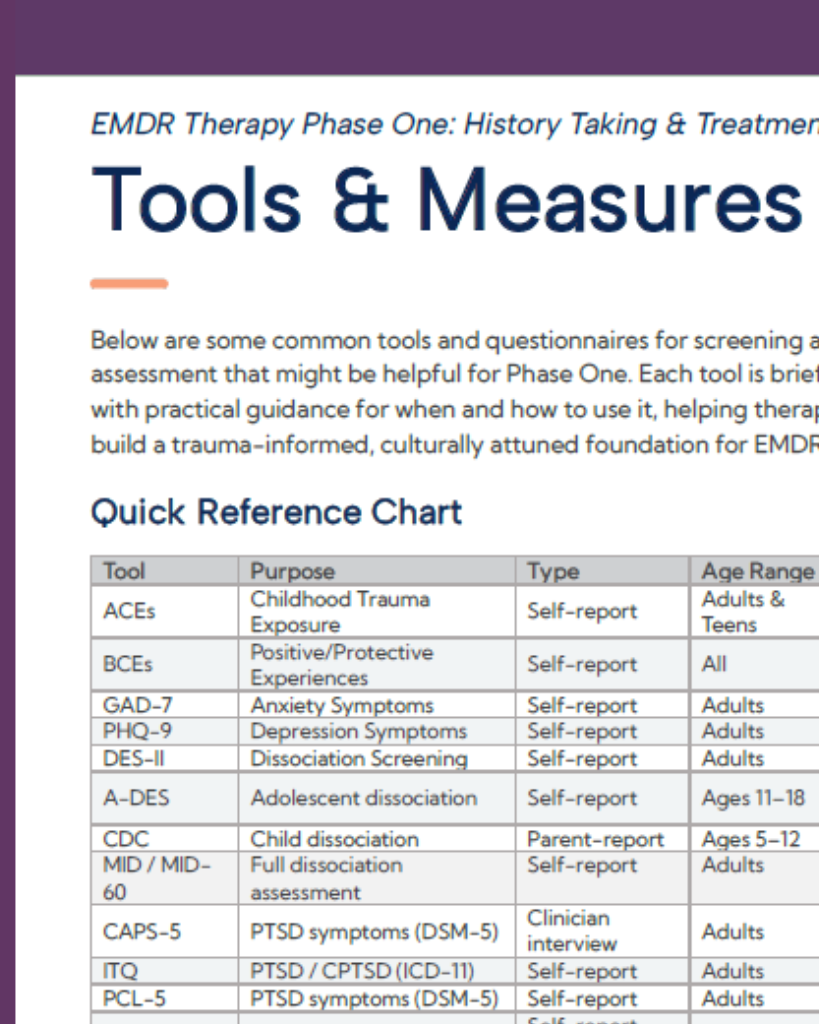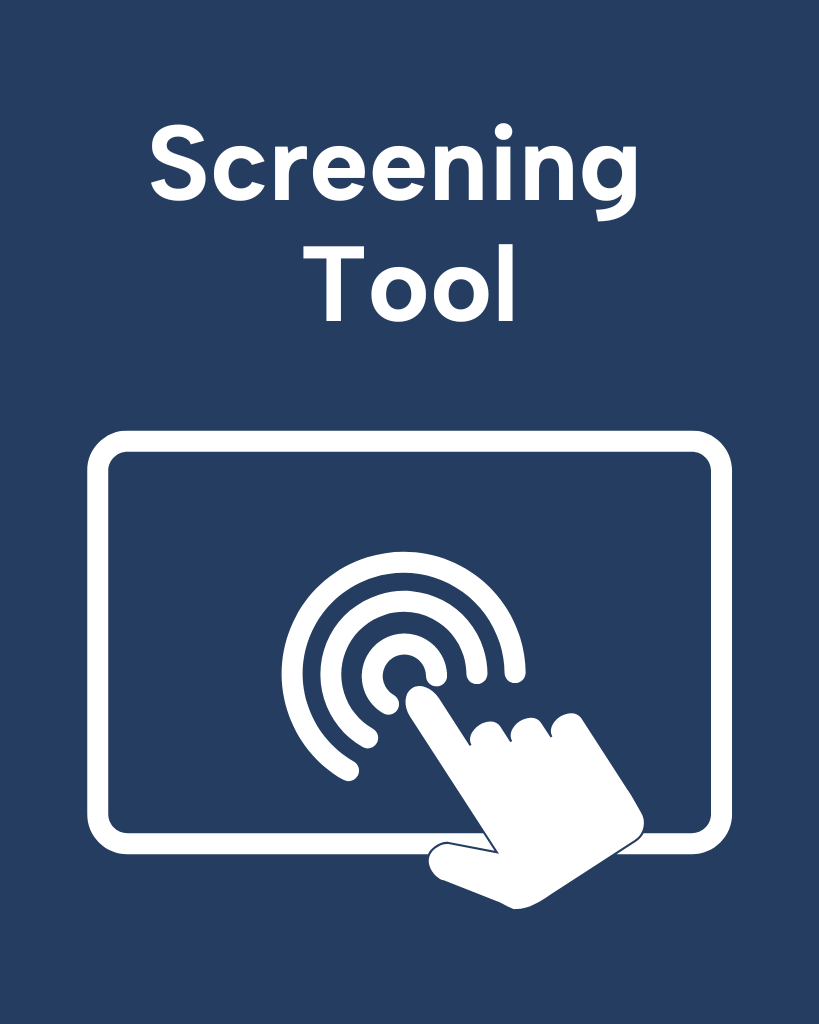The Multidimensional Inventory of Dissociation (MID): A Comprehensive measure of pathological dissociation
The MID was designed for clinical research & diagnostic assessment of patients with dissociative, posttraumatic & borderline symptoms.
Article Abstract
“This article describes the development and validation of the Multidimensional Inventory of Dissociation (MID). The MID is a 218-item, self-administered, multiscale instrument that comprehensively assesses the phenomenological domain of pathological dissociation and diagnoses the dissociative disorders. The MID measures 14 major facets of pathological dissociation; it has 23 dissociation diagnostic scales that simultaneously operationalize (1) the subjective/ phenomenological domain of pathological dissociation and (2) the hypothesized dissociative symptoms of dissociative identity disorder (Dell, 2001a). The MID was designed for clinical research and for diagnostic assessment of patients who present with a mixture of dissociative, posttraumatic, and borderline symptoms. The MID demonstrated internal reliability, temporal stability, convergent validity, discriminant validity, and construct validity. The MID also exhibited incremental validity over the Dissociative Experiences Scale (DES) by predicting an additional 18% of the variance in weighted abuse scores on the Traumatic Experiences Questionnaire (TEQ). Confirmatory factor analysis (CFA) did not support a one-factor model of the MID’s clinical scales (i.e., the 14 facets and the 23 diagnostic symptoms). In contrast, however, CFA of the MID’s factor scales (Dell & Lawson, 2005) has strongly supported a one-factor model. It was concluded that both the MID’s 168 dissociation items and the construct of pathological dissociation have a second-order, unifactorial structure.”
—Description from publisher
Article Access
Open Access OR Purchase/Subscription Required
Dell, P. F. (2006). The Multidimensional Inventory of Dissociation (MID): A Comprehensive measure of pathological dissociation. Journal of Trauma & Dissociation, 7(2), 77-106. DOI: 10.1300/J229v07n02_06
Date
July 22, 2006
Creator(s)
Paul F. Dell
Topics
Dissociation
Extent
30 minutes
Publisher
Taylor & Francis
Rights
Rights managed by Taylor & Francis
APA Citation
Dell, P. F. (2006). The Multidimensional Inventory of Dissociation (MID): A Comprehensive measure of pathological dissociation. Journal of Trauma & Dissociation, 7(2), 77-106. DOI: 10.1300/J229v07n02_06
Audience
EMDR Therapists, Other Mental Health Professionals
Language
English
Content Type
Article, Peer-Reviewed
Access Type
External Resource





